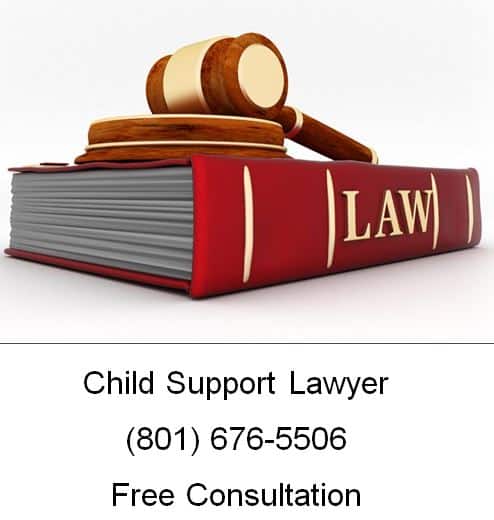
In all 50 states and the Utah, parents that are divorced (or separated if they were never married) have an ongoing legal obligation to support their children. Sadly, too many kids grow up without the financial support they need when parents fail to pay court-ordered child support.
Now more than ever, it’s becoming harder for deadbeat parents to skip out on child support. Strict laws have been enacted to establish and enforce child support orders. And federal, state and local agencies have powerful child-support collection tools at their disposal.
Child Support Obligations
You must first get a court order to establish child support – there are several ways to do this. First, you and your child’s other parent can agree on an appropriate amount (usually set by your state’s guidelines) for support. A judge must approve your agreement and turn it into an official court order.
If you and your child’s other parent can’t agree, you’ll have to ask a Judge or local agency to set the amount. You can hire an experienced attorney in your area to file a request for a child support order.
If you can’t afford an attorney, don’t give up hope. Your state or local child support service office (referred to as the “Department of Child Support Services” or the “Office of Child Support Services” depending on what state you are currently living in) can help parents establish, enforce, collect and modify child support orders. In Utah, we call it the Office of Recovery Services or “ORS” for short. These government child support service offices don’t represent either parent, but instead act on behalf of the state to make sure children receive the financial support they need. Local offices can also establish paternity (if necessary), obtain medical support orders, locate deadbeat parents, and find assets from which child support can be paid. The “Getting Help” section below includes information on how to contact your local child support services office.
Enforcing Child Support Orders
Once established, a child support order must be obeyed. If not, custodial parents may ask an attorney or the Office of Recovery Services (ORS) for help. A delinquent parent may be subject to any, or all, of the following enforcement tools:
Wage Deductions – the custodial parent, his or her attorney, or ORS can request an income withholding order or wage assignment. With a wage deduction, child support is taken directly out of the non-custodial (paying) parent’s wages.
Federal Income Tax Intercepts – the state can intercept a large tax refund to cover late or missing child support payments.
License Suspensions and Revocations – a delinquent parent’s driver’s license(s) and/or professional license(s) may be revoked.
Passport Restrictions – a parent that fails to pay child support may be prevented from renewing his or her passport (and therefore prevented from leaving the country).
Contempt of Court – this is a legal order that may result in a fine or jail time for the parent who failed to make court-ordered support payments. However, the custodial parent (or his or her attorney) must go to court to obtain this order from a judge.
The government can intervene in child-support cases where the non-custodial (paying) parent lives in a state other than where the child lives. It really depends whether or not you can get the federal or state government to help. It’s the old saying, the squeaky wheel gets the grease. If the debtor refuses to pay child support for over 1 year; where the amount owing is more than $5000, or where the non-custodial parent travels to another state or country to avoid paying child support. Then a prosecution can happen.
The punishment include fines and up to 6 months in prison (or both) for a first offense. For a second offense, or where child support hasn’t been paid for more than 2 years, or the amount owing is more than $10,000, the punishment is a fine of up to $250,000 or 2 years in prison, or both.
“Project Save Our Children” (PSOC) is a multiagency task force dedicated to investigating and prosecuting the worst child support cases and deadbeat parents. Its members are from the Administration for Children and Families, the Office of Child Support Enforcement, OIG Special Agents, the U.S. Marshals Service, the U.S. Attorney’s Office and the Department of Justice. PSOC will identify, investigate and prosecute the most serious child support offenders who meet the criteria for Federal Prosecution under the Deadbeat Parents Punishment Acts.
Free Consultation with Child Support Lawyer
If you have a question about child support or if you need to collect back child support, please call Ascent Law at (801) 676-5506. We will help you.
8833 S. Redwood Road, Suite C
West Jordan, Utah
84088 United States
Telephone: (801) 676-5506
Recent Posts


